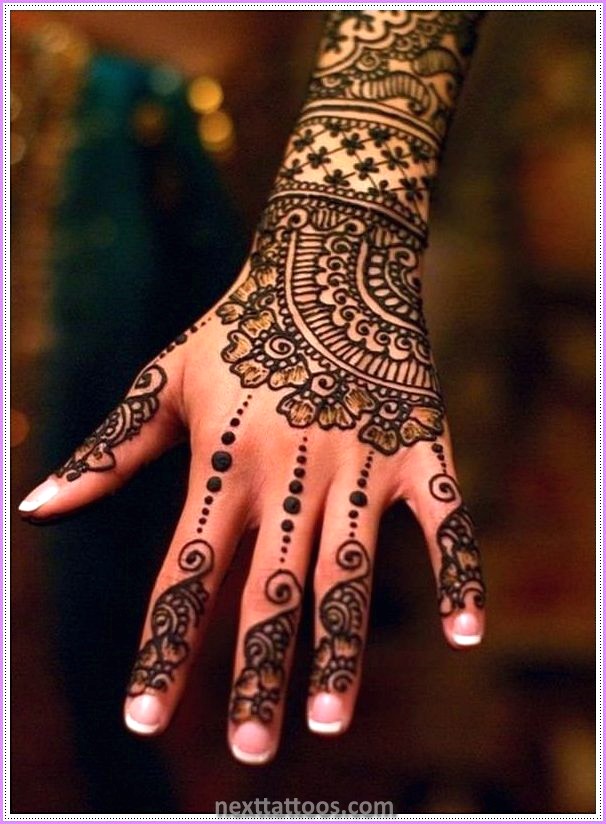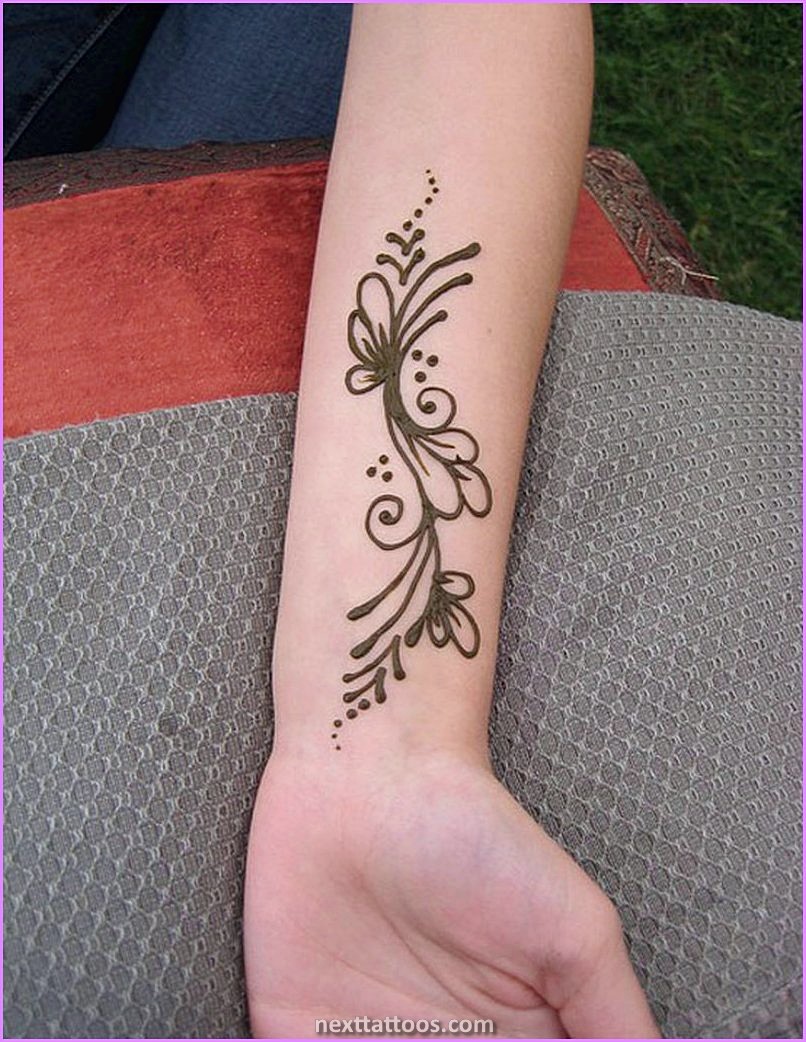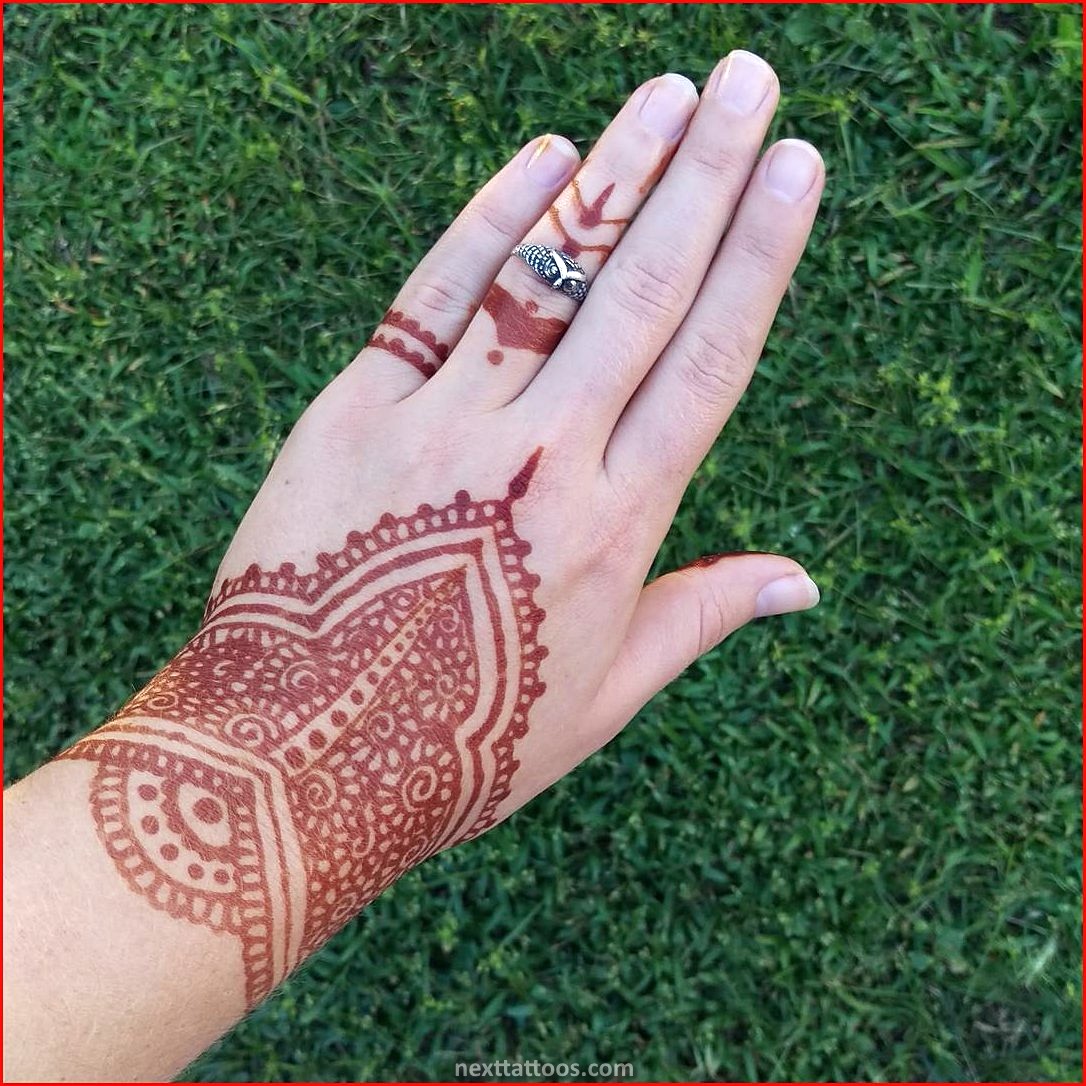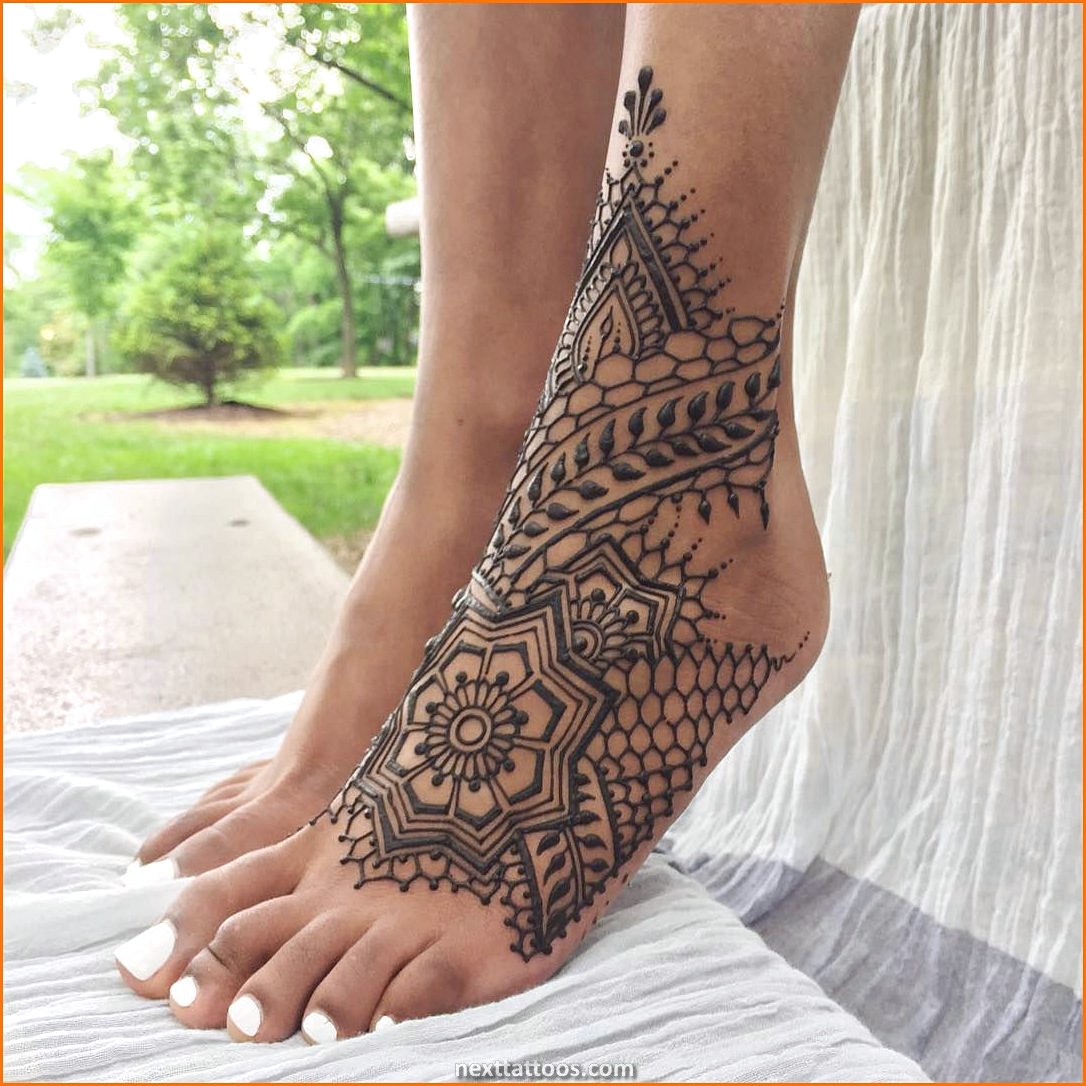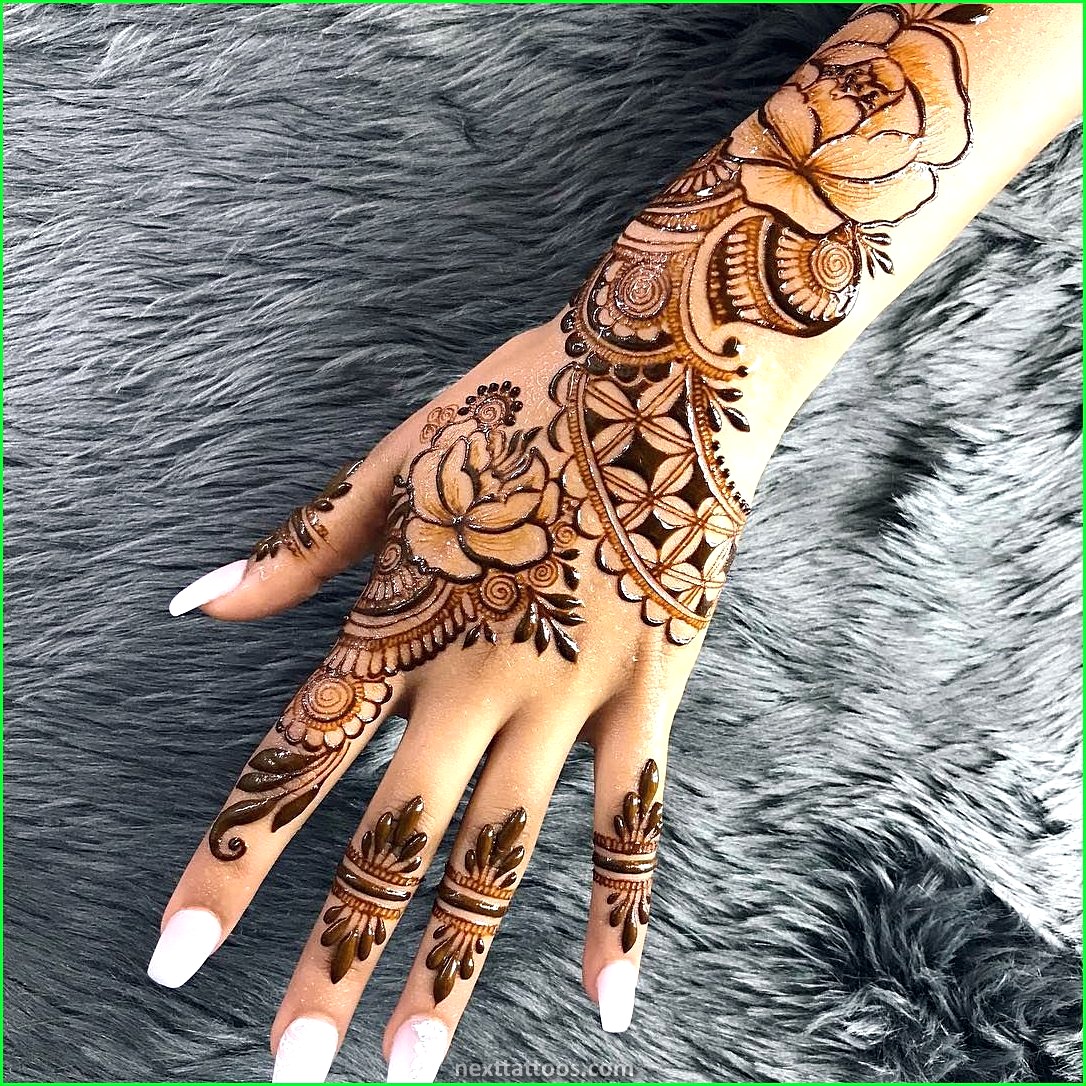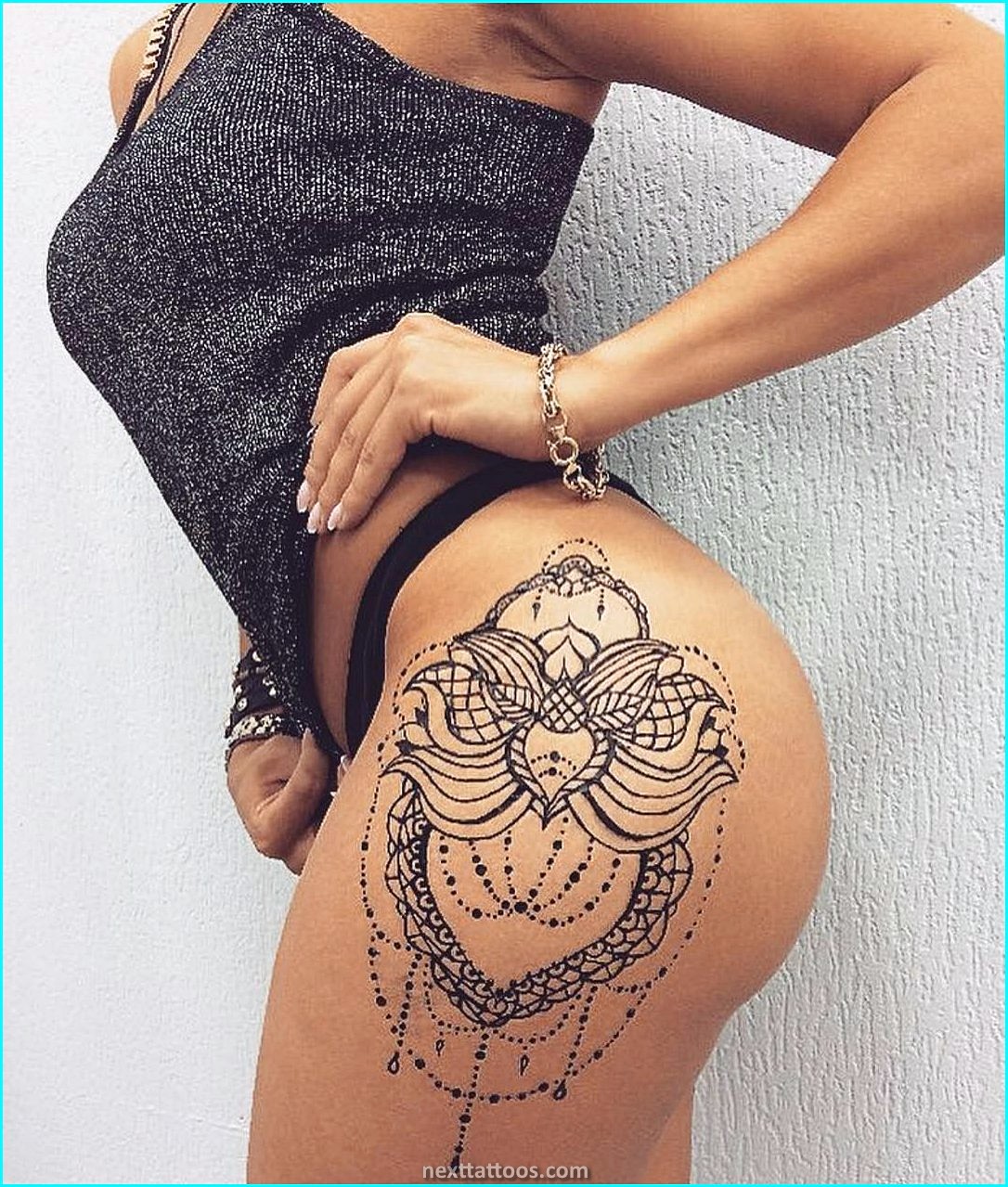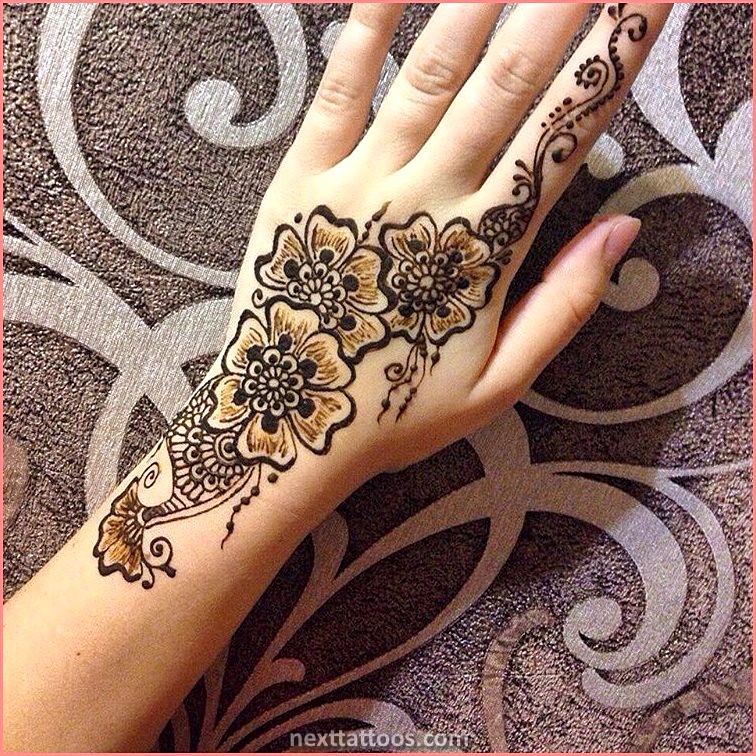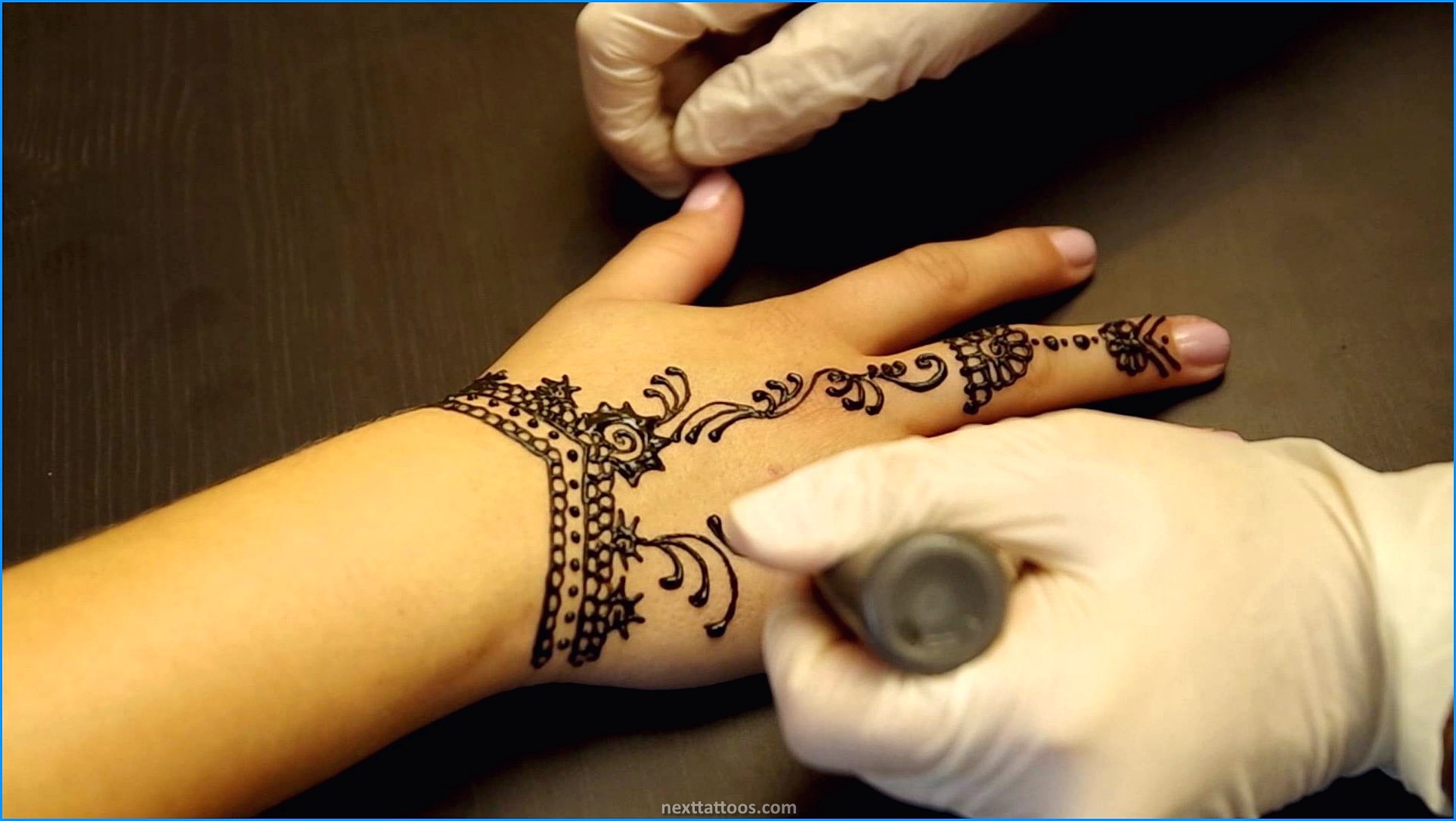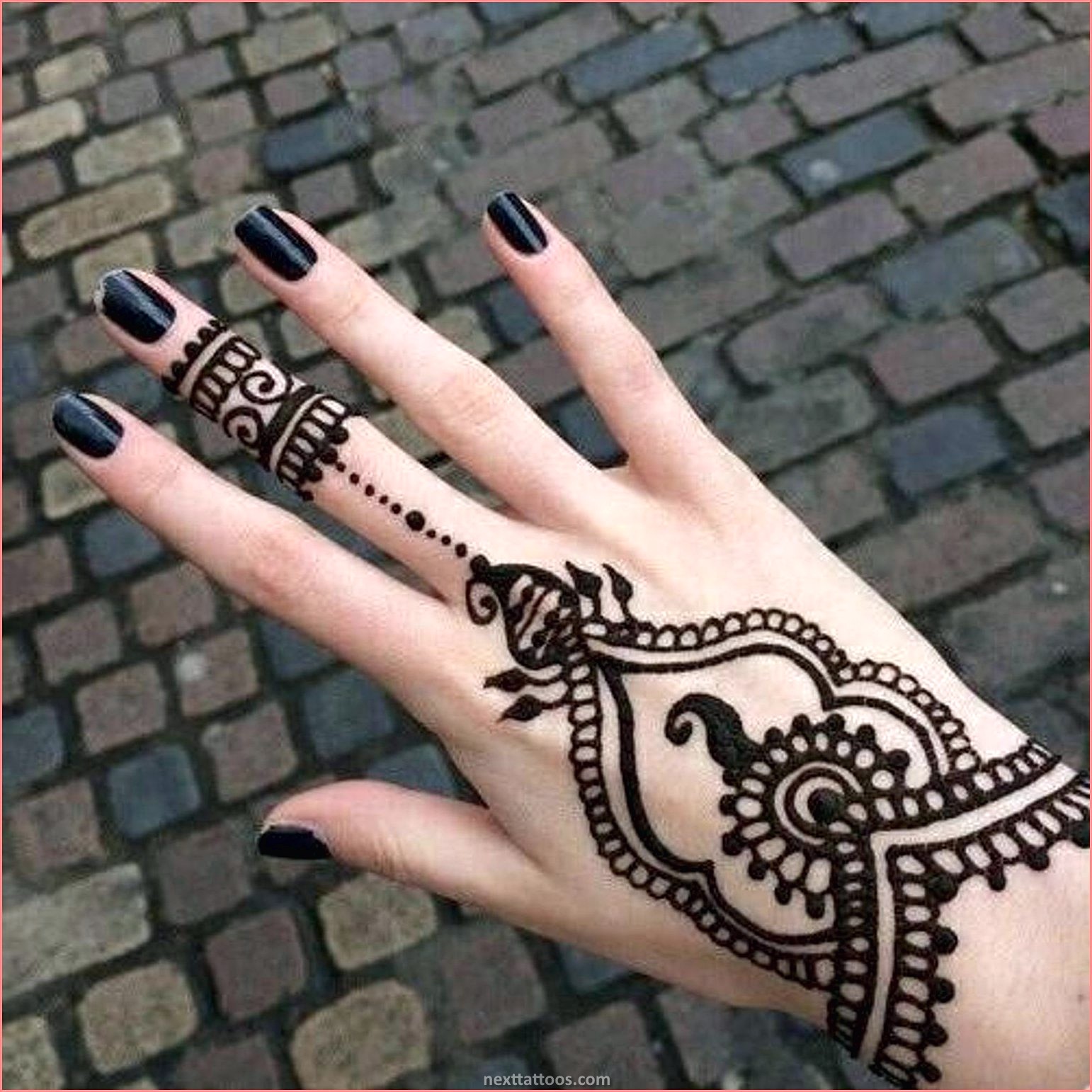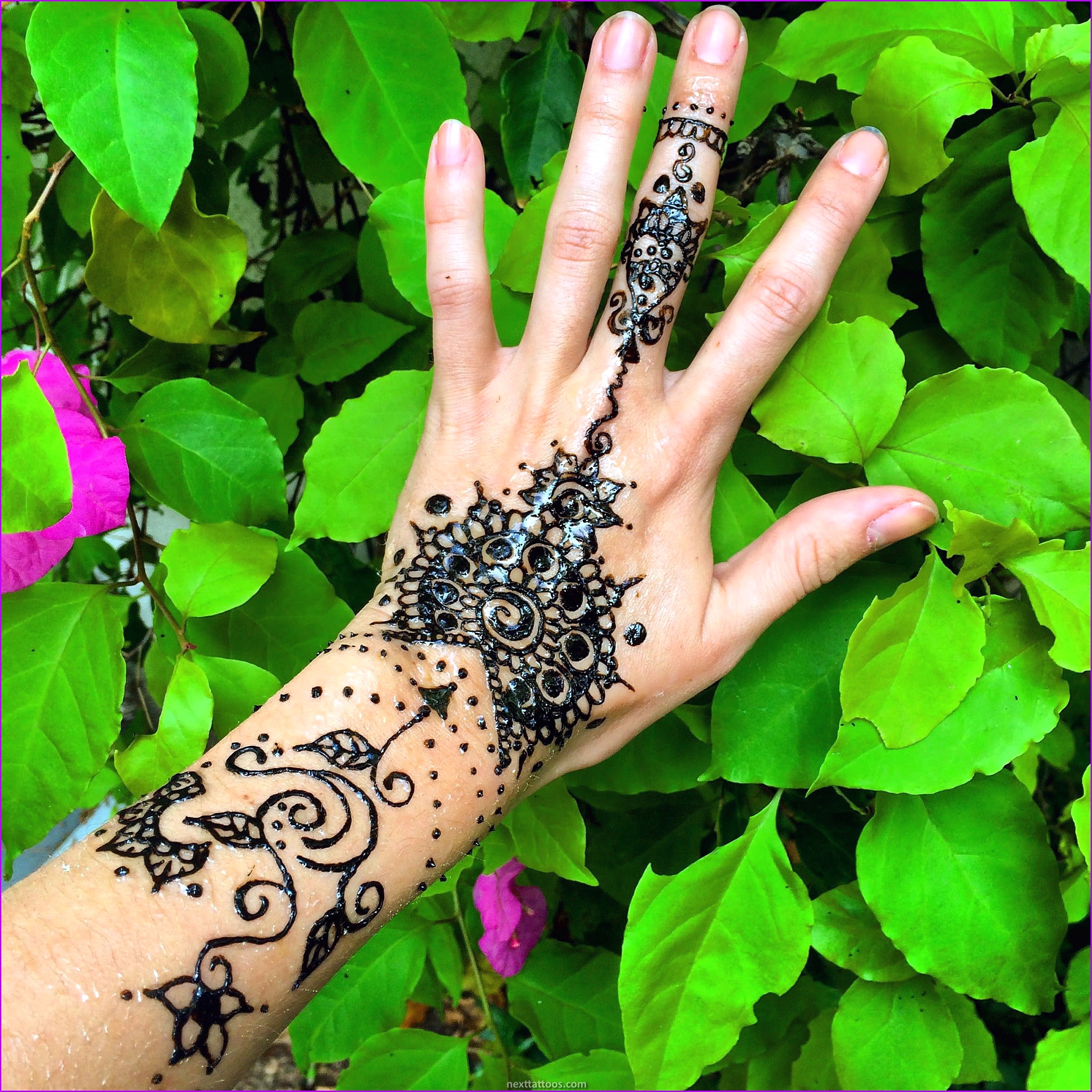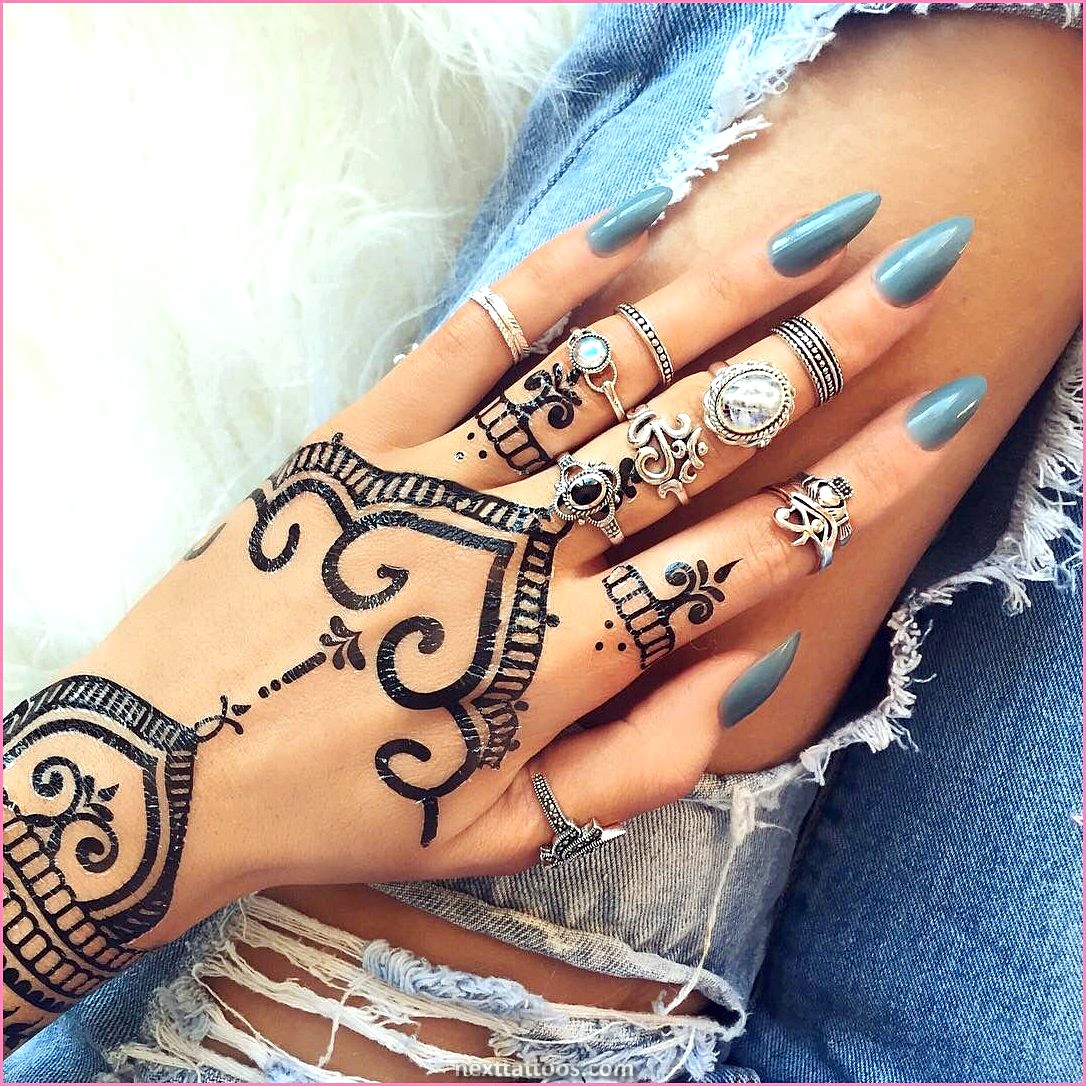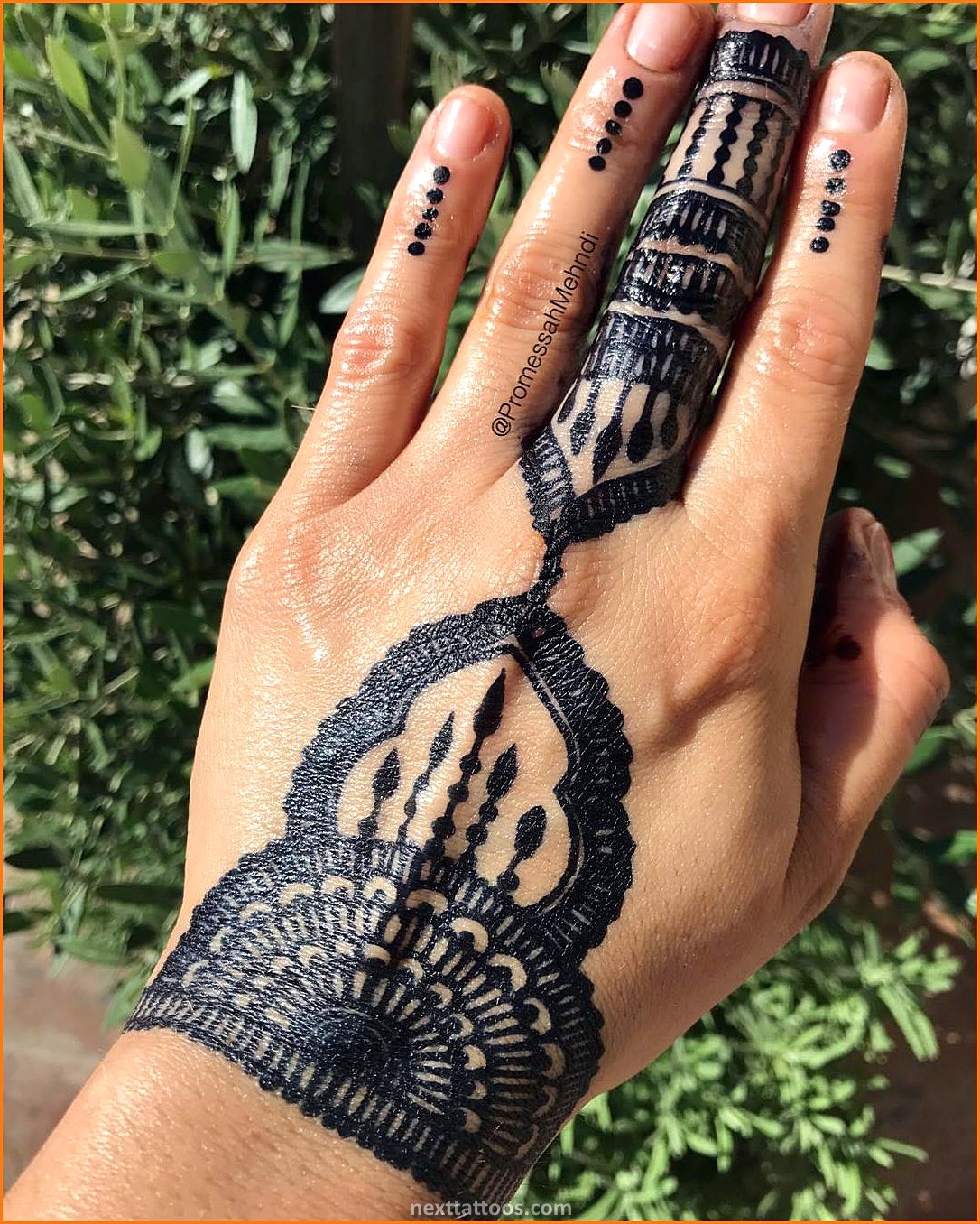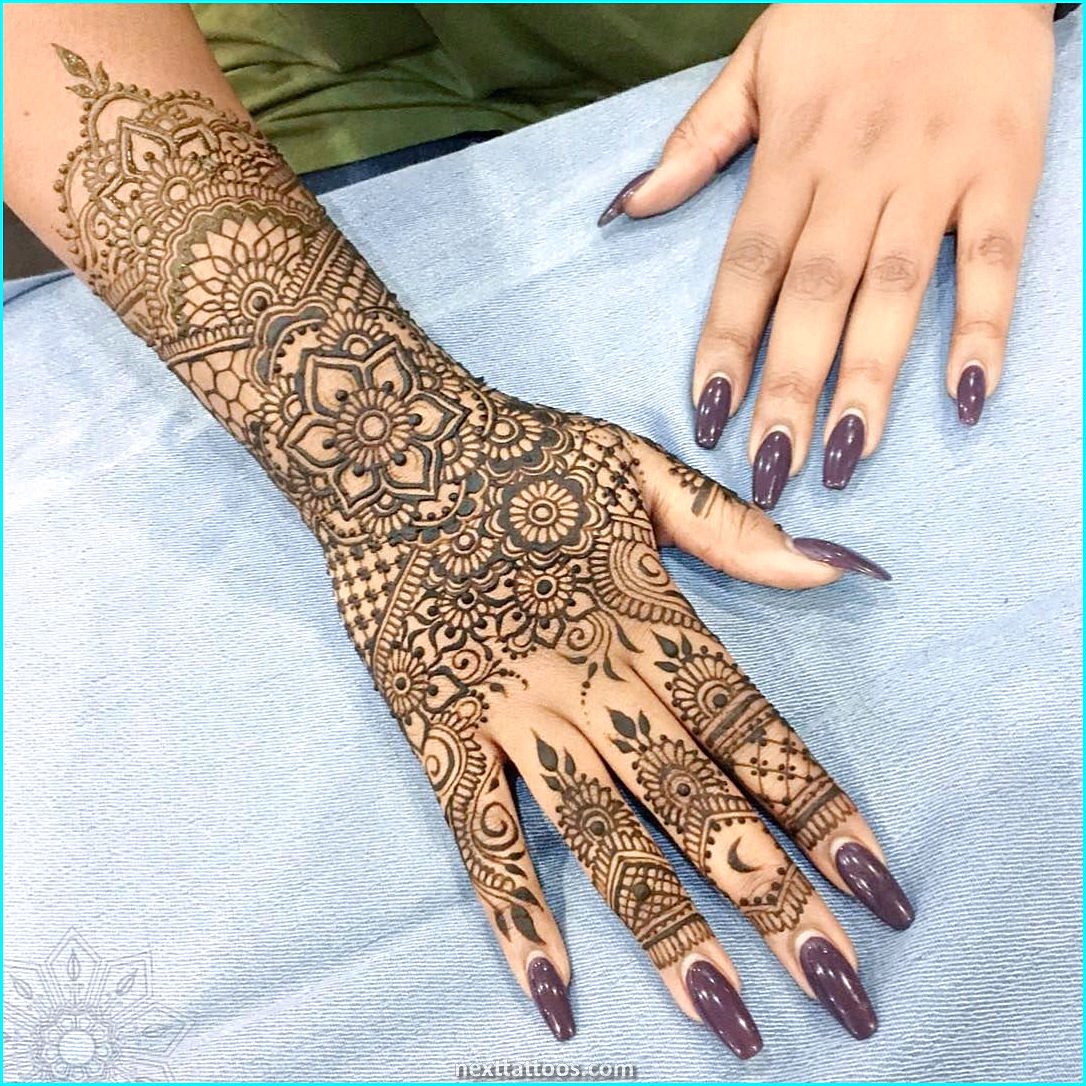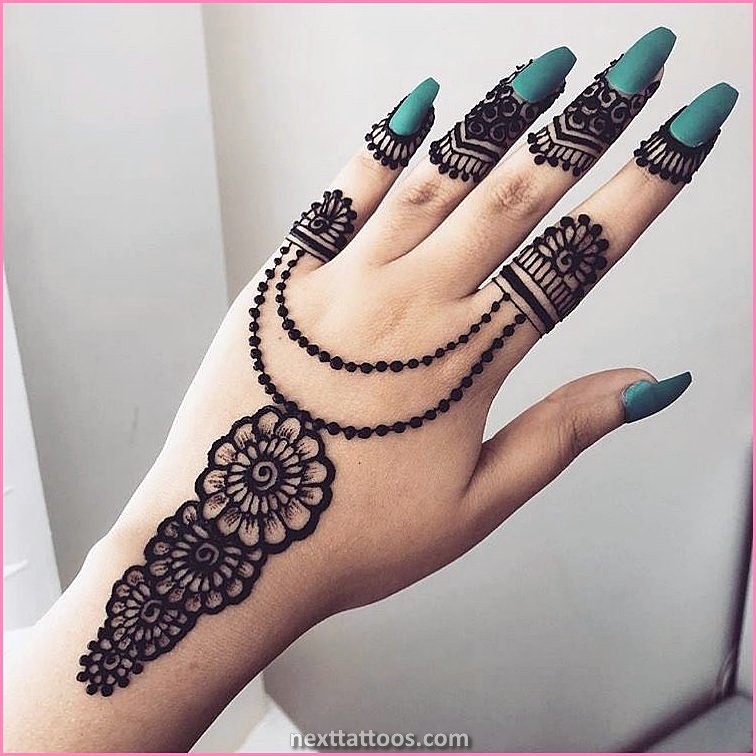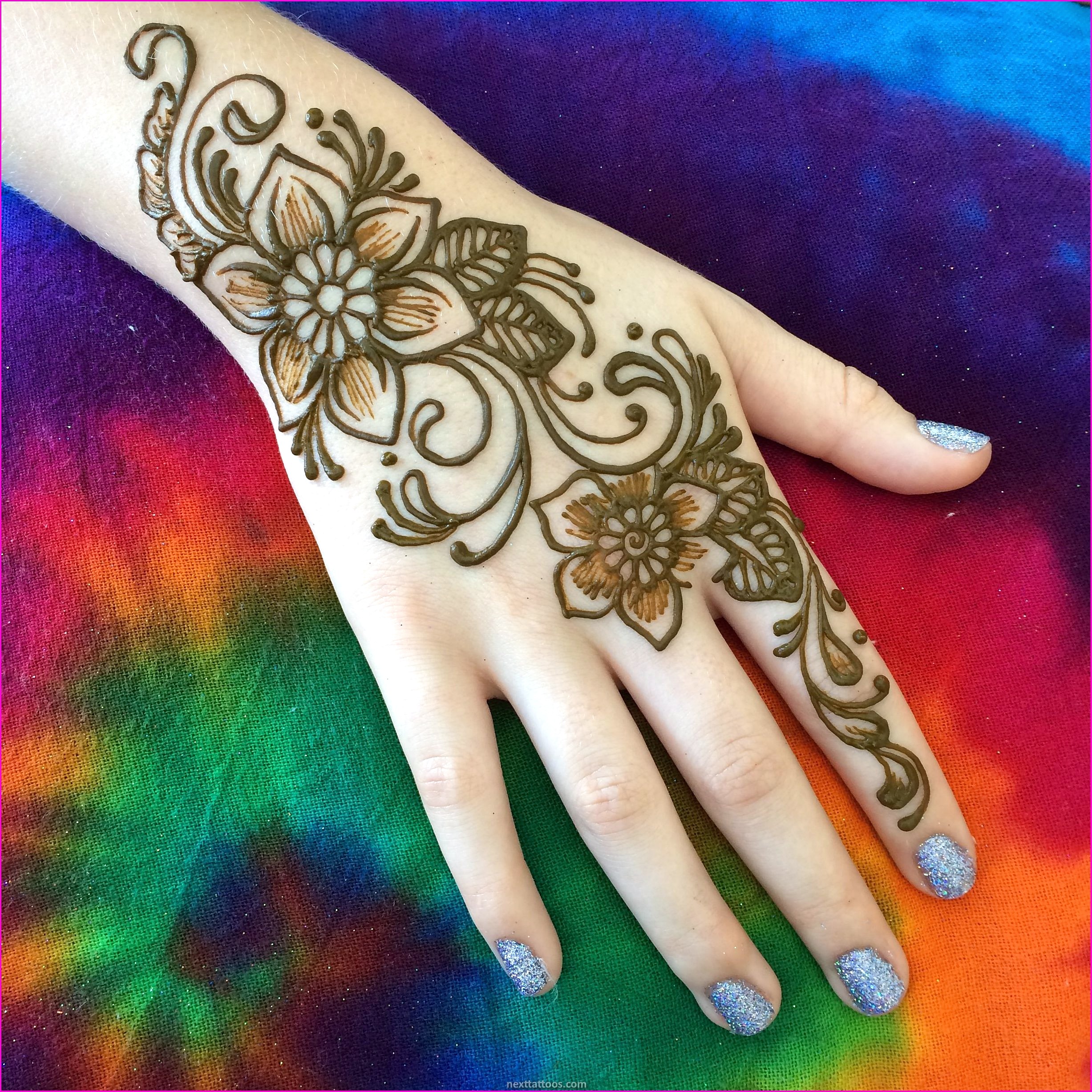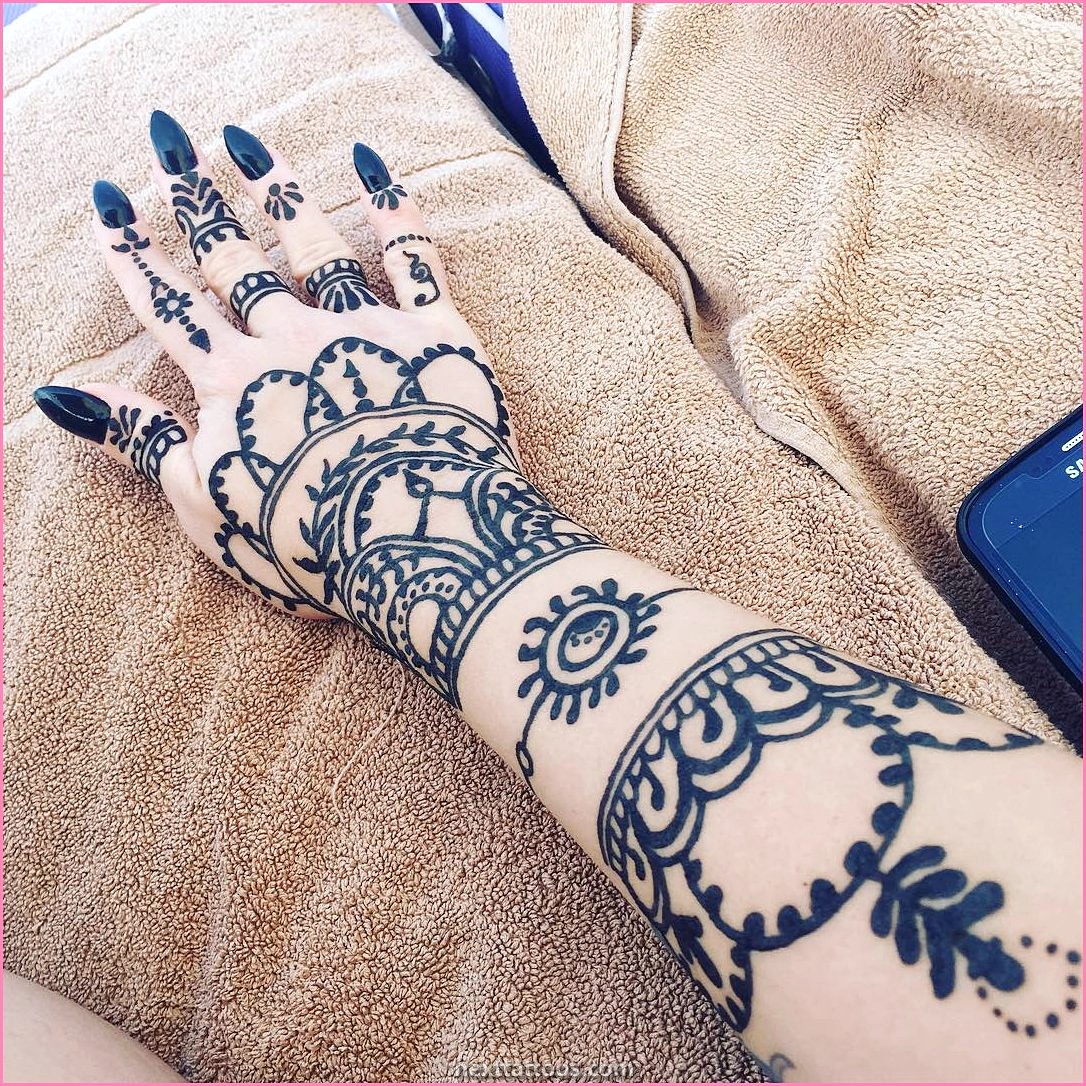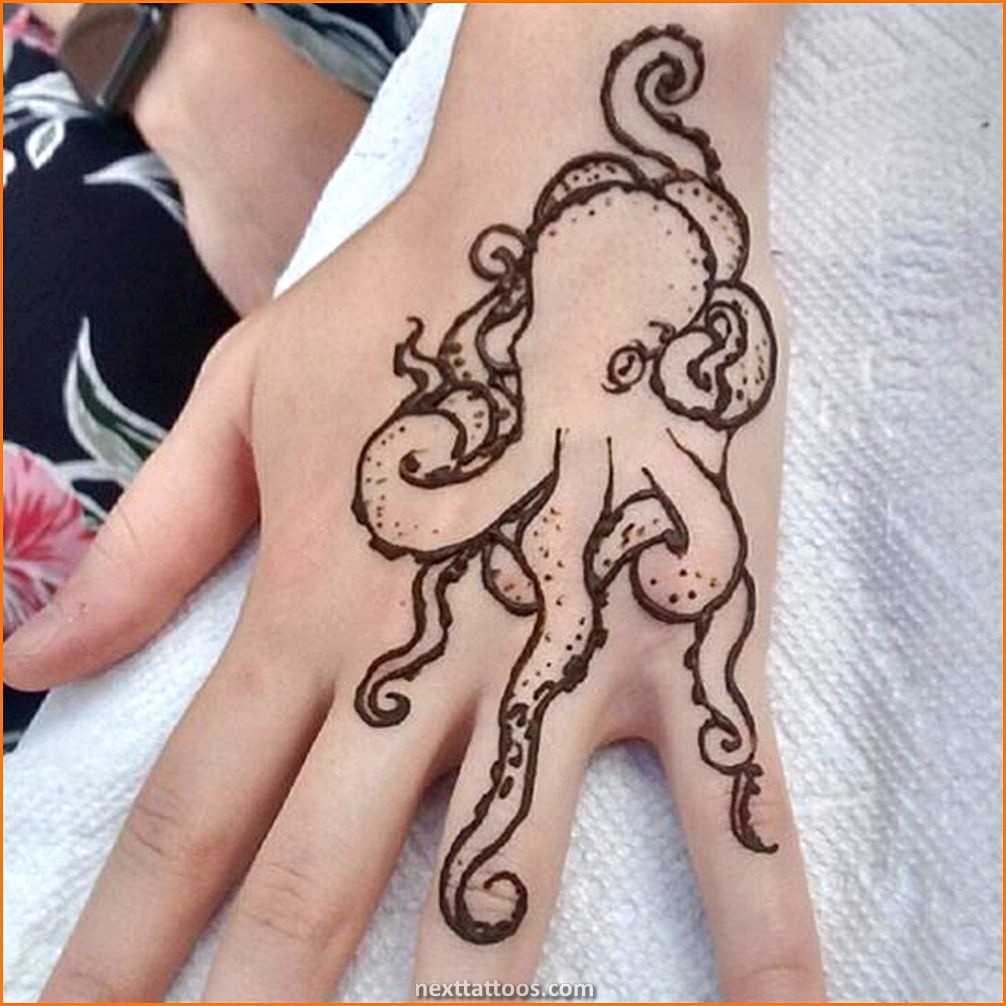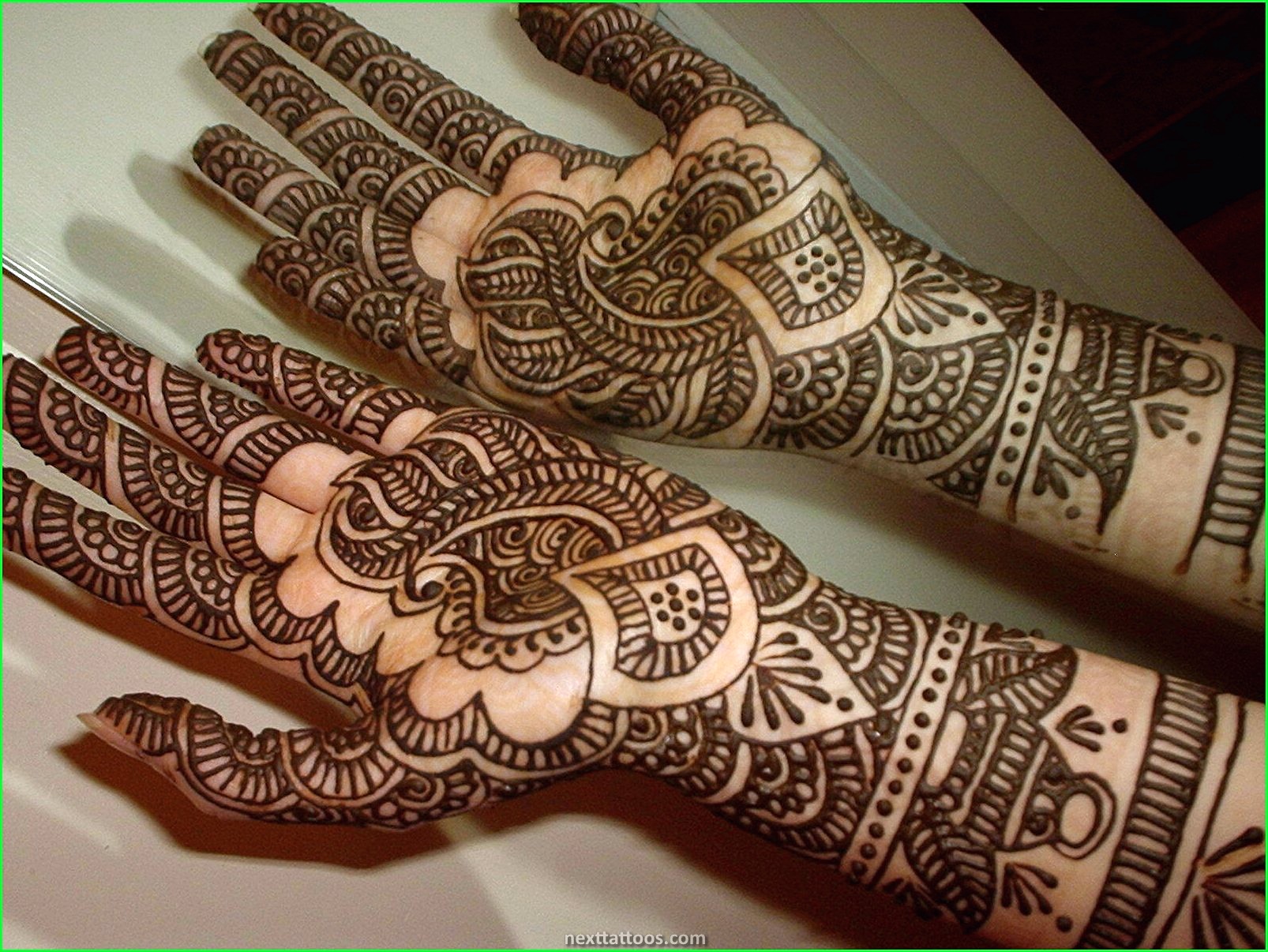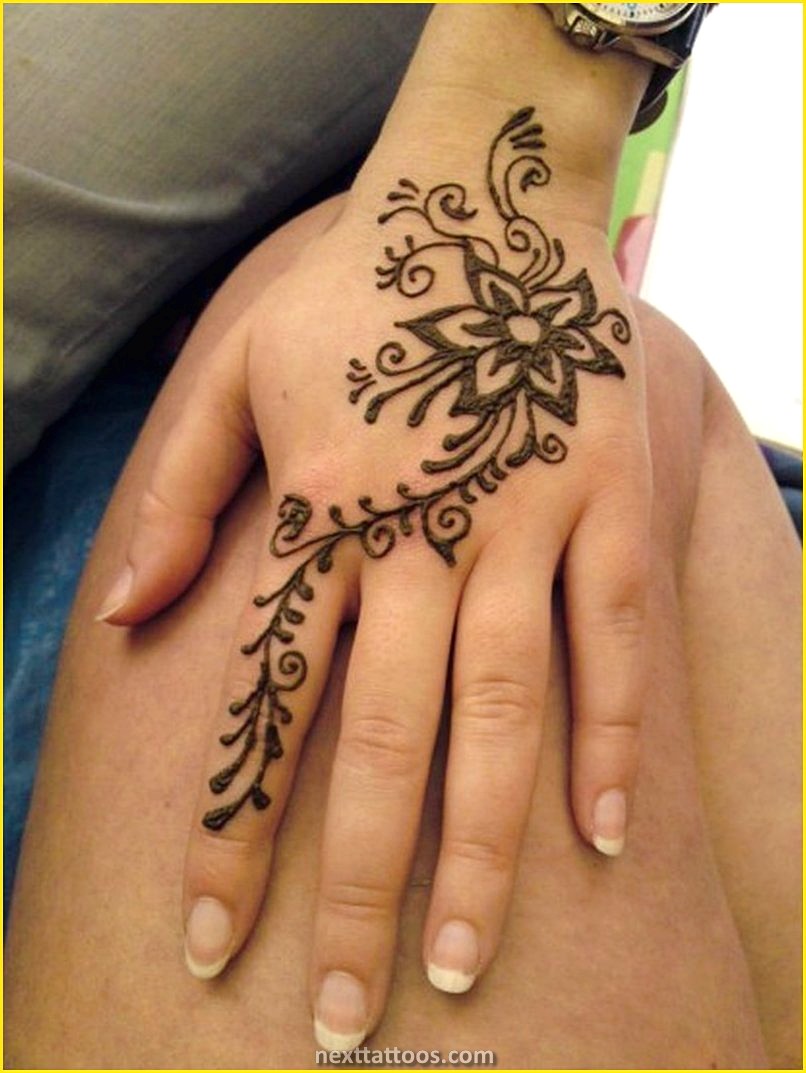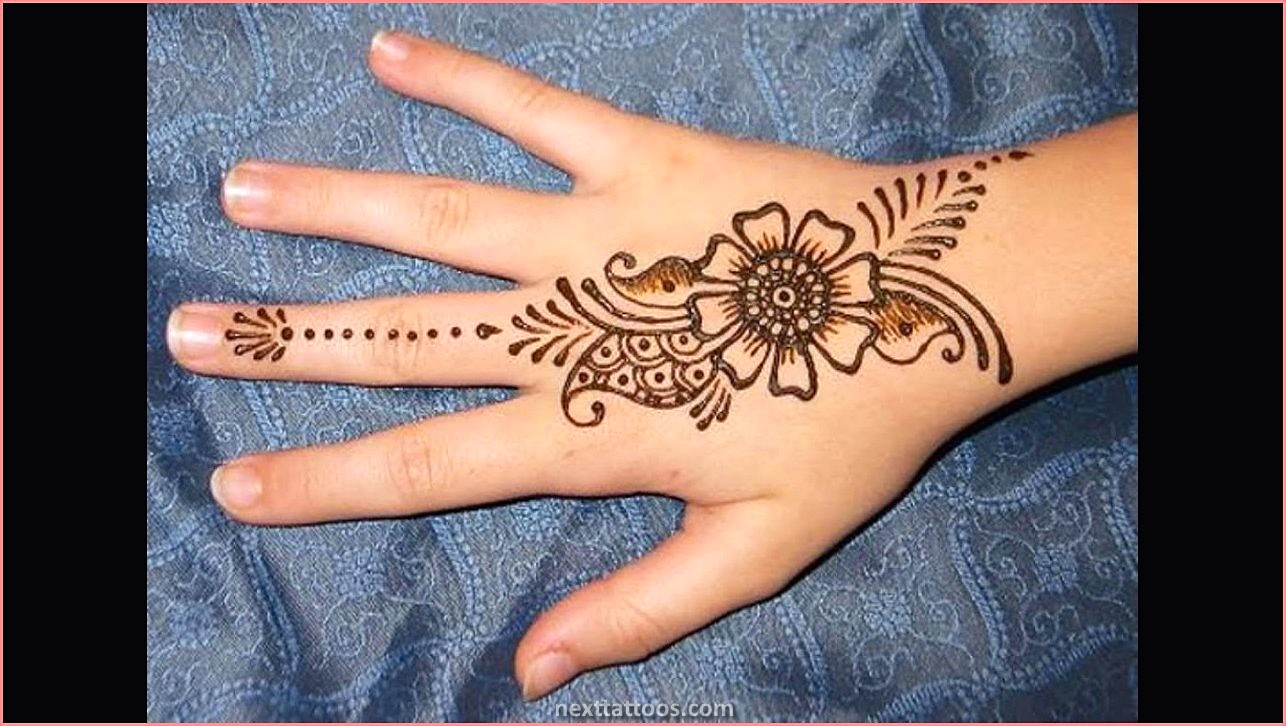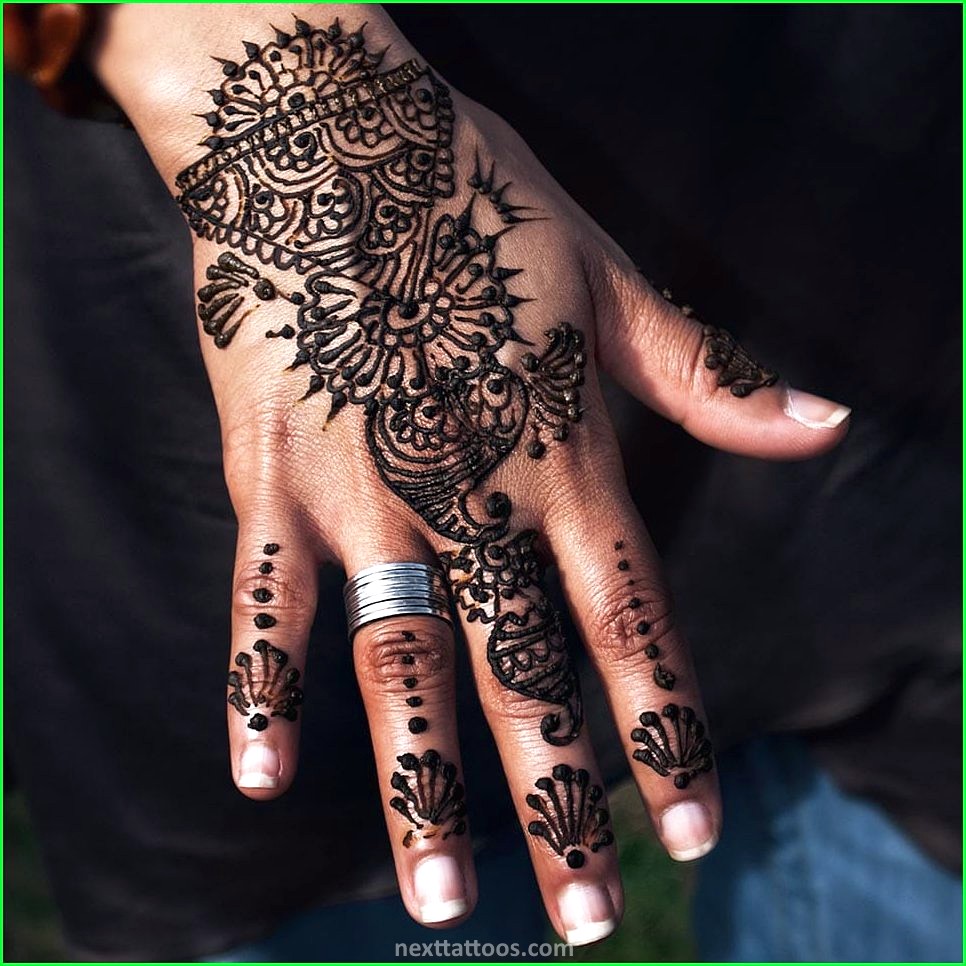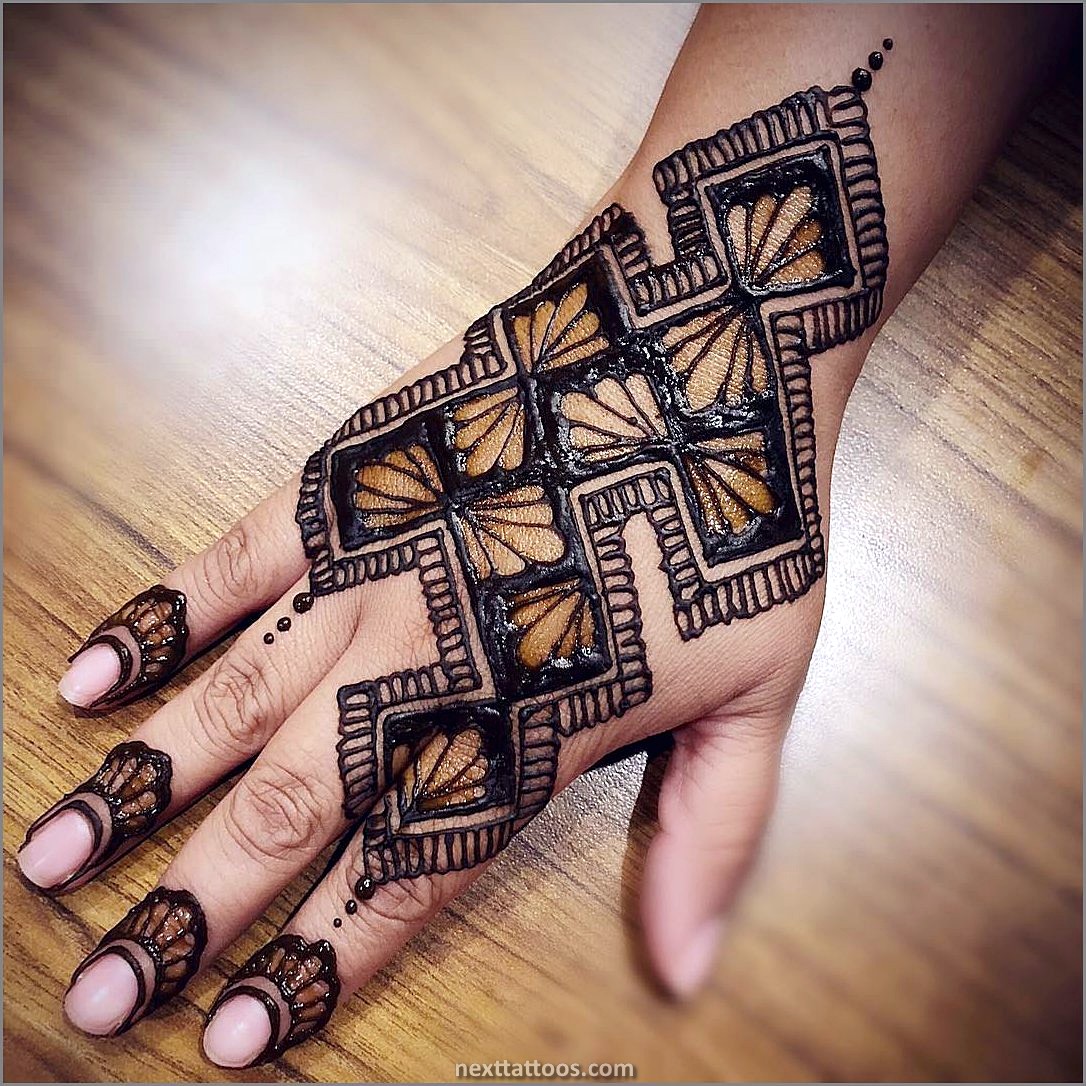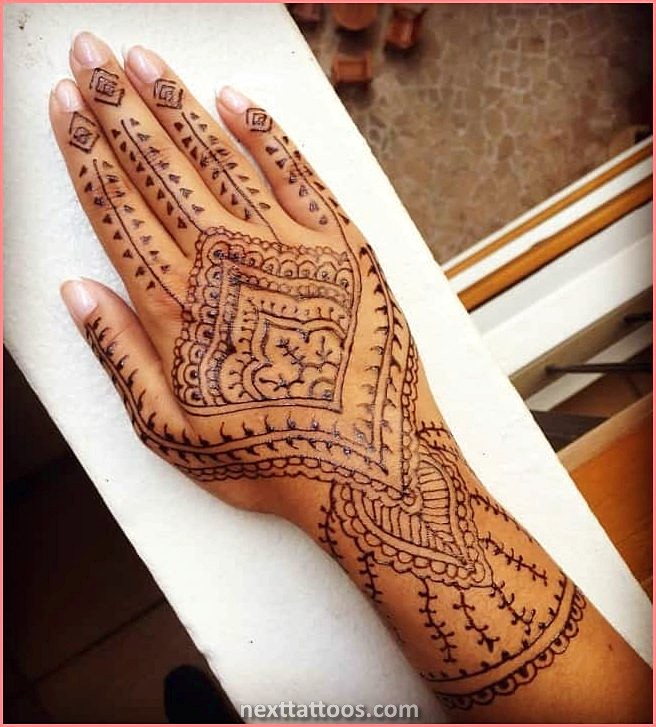Benefits of Henna Tattoos
Henna is a natural plant dye derived from the Lawsonia inermis plant. It is also known as henna tree, Egyptian privet, mignonette tree, or egyptian mulberry. Although it comes in a variety of colors, the most common one is orange. The process is safe, and the color lasts for about an hour. There are many benefits to henna tattoos.
The effects of henna tattoos vary. Depending on the person’s skin type, a henna tattoo can last one to three weeks. The color will start out dark and gradually fade over the course of two weeks. The life expectancy of a henna tattoo will vary depending on its location and how often the skin is washed or exfoliated. You can expect a full color change after one week.
Henna tattoos can be permanent or temporary, depending on the type of henna used. For example, a henna tattoo can last between four and six weeks, depending on the skin type and the artist. A henna tattoo made from a diluted version of henna powder can last about a year. However, if you have sensitive skin, you should avoid henna on these areas. A henna design on a sensitive area such as the face or chest can have a shorter lifespan.
While a henna tattoo is not permanent, it will last for a week or two. A henna design on a small area of your skin is the most affordable and fastest to apply. For matching group tattoos, a small henna design is ideal. For smaller henna designs, choose your inner wrist. Geometric patterns or nature-inspired motifs will look best on the inner wrist.
Although henna is an extremely versatile dye, it’s not permanent. It fades with time. A simple scrub will help remove dead skin cells, which will speed up the fading process. Lemon juice is considered to be the best natural remedy for fading henna. Saltwater is another option to speed up the fading process. Make sure the water is warm to avoid damaging the skin. If the tattoo has been done by a professional, you should use a scrub after a couple of days.
In addition to using henna on the body, a henna tattoo is a natural tattoo. Traditionally, a henna design is an indelible expression of one’s identity. It’s also popular in traditional art, such as henna flowers, which represent various parts of the body. If you are looking for a henna tattoo in New York, consider the following tips:
Black henna contains a dangerous additive, called paraphenylenediamine. It is derived from phenylenediamine and becomes clear when infused with oxygen. This chemical can cause severe allergic reactions and should be avoided when possible. It’s also advisable to avoid a henna tattoo that is made from a natural substance. The henna artist should also have the henna design drawn by someone who is knowledgeable about henna.
Henna paste should be mixed with water to make a smooth paste. After sifting, the henna paste should be a dark orange color. It should not be too runny. After the henna tattoo has been applied, the skin will have a greenish tint. This color will fade in about three weeks. You should keep the henna tattoo moisturized by using moisturizers or oil.
There are two types of henna. Orange henna is usually safe for use on the skin. Those who have sensitive skin should seek medical advice before using this product. Luckily, henna tattoos can be purchased in the UK. Just be sure to ask for a doctor’s advice first. A licensed henna artist will always recommend an organic henna product to you.
Henna is not a safe substance. You should be careful when using it on your skin. It can cause skin allergies, so be sure to avoid henna tattoos on children. A henna tattoo can be a beautiful decoration for your holiday destination. It can last for two weeks and represent various symbols. Henna tattoos are a symbol of many different things and can be used for a variety of reasons.
